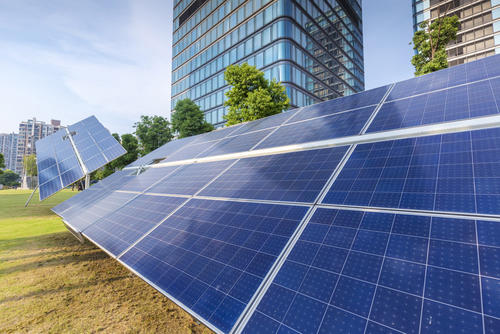Challenges Facing Laminated Solar Panels
The third generation of solar cells is still in concept and simple experimental research. Laminated solar cells, multi-bandgap solar cells and hot carrier solar cells have been proposed mainly. Among them, laminated solar panels are an important direction for the development of solar cells.
Laminated solar panels take into account multiple energy thresholds, low-cost preparation methods, and abundant raw materials, making it easier to reduce the cost per watt. Laminated design is currently the best-developed technology that can reduce the cost per watt by concentrating systems or reducing costs or improving efficiency by optimizing thin-film design. However, the stability of this technology is not very good. The application of intermediate bands and up-down conversion solar cells is still too early, but they have great potential in using thin film materials to increase conversion efficiency and improve spectral stability. Although the application of collision ionization and hot carrier concept solar cells can greatly reduce the cost per watt, there are still many theoretical problems to be solved for these two technologies. Other more esoteric new concept batteries can theoretically improve the conversion efficiency, but may not be realized in practical applications. It is also a good method to combine these new concept batteries, such as applying both up-conversion and down-conversion mechanisms in the same battery; or combining up-conversion and stacking technologies; in addition, collision ionization and intermediate energy levels It can also be used in down-converted cells instead of directly generating carriers.
The theoretical concept and process realization method of the third generation of laminated solar panels are the forefront issues in the field of photovoltaic cell research today. If successful, it will make a landmark contribution to the development of the entire photovoltaic cell field.




